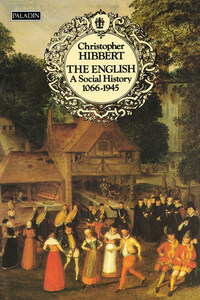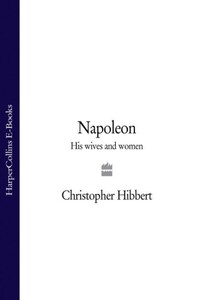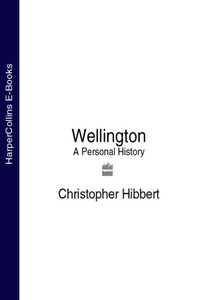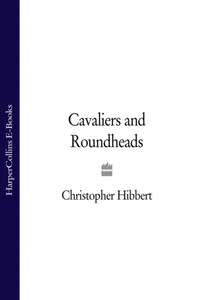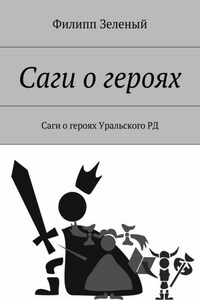‘He had a taste, not uncommon among schoolboys, for little acts of bargaining and merchandise.’
IN CONVERSATION WITH HIS FRIEND, Lord Barrington, Benjamin Disraeli once observed, ‘I was born in a set of chambers in the Adelphi
– I may say in a library, for all my father’s rooms were full of books.’ Like many of the accounts he gave in later years of his family, his childhood and youth, this was not, in fact, true. His father’s rooms were certainly full of books, which Isaac D’Israeli, a bibliophile if not a great scholar, would take pleasure in arranging and rearranging, constantly adding to his collection until it numbered no fewer than twenty-five thousand volumes, taking notes from them on scraps of paper which he would tuck between their leaves, peering at the print shortsightedly, his eyes behind thick spectacles, his chin concealed behind the folds of his white neckcloth, a small black velvet cap over his long curly hair, emerging from his library to talk loquaciously and disjointedly over his meals.
His eldest son, Benjamin, was not, however, born in these chambers in the Adelphi which the Adam brothers had built on land granted to them by the Duke of St Albans not long before. Isaac D’Israeli had lived there as a bachelor; but, not long after his marriage, he had moved to Bloomsbury, to 6 King’s Road, Bedford Row, now 22 Theobald’s Road, and it was here, in a house overlooking Gray’s Inn Garden, that Benjamin was born at half past five on the morning of 21 December 1804.
On the eighth day of his life, a large group of men in black hats and morning coats assembled at 6 King’s Road for the celebration of the brit milah, the circumcision. The baby was placed on one of the two ceremonial chairs which had been brought over from the Bevis Marks synagogue, the other being occupied by the baby’s paternal grandfather. The mohel, the child’s uncle, then performed the operation. After prayers had been said, the baby was returned to the women, who were waiting with coffee, wine, tea and cakes in a nearby room. Here also was Benjamin’s small sister, Sarah, whose second birthday was to be celebrated the following day.>1
For these relations Benjamin was to provide an exotic and largely fictitious ancestry. They were, he liked to think and to say, of Italian descent ‘from one of those Hebrew families whom the Inquisition forced to emigrate from the Spanish Peninsula at the end of the fifteenth century, and who found a refuge in the more tolerant territories of the Venetian republic…They assumed the name of DISRAELI, a name never borne before, or since, by any other family, in order that their race might be for ever recognised…They flourished as merchants for more than two centuries under the protection of the Lion of St Mark.’>2
Proud of his Jewish ancestry, Disraeli, in his novel, Contarini Fleming, was to ask if the ‘mixed population of Saxons and Normans, among whom he had first seen the light of day, was of purer blood than he? Oh no, he was descended in a direct line from one of the oldest races in the world, from that rigidly separate and unmixed Bedouin race who had developed a high civilization at a time when the inhabitants of England were going half-naked and eating acorns in their woods.’
What at least could be said for certain about his forebears was that Disraeli’s grandfather, also Benjamin, and spelling the name D’Israeli, came to England at the age of eighteen in 1748, the twenty-first year of the reign of King George II, leaving behind two sisters who presided over a school for fellow-Jews in the Venetian ghetto.
A bright young man, Benjamin D’Israeli soon found employment in a Jewish firm in Fenchurch Street which imported goods from Italy. After working for this firm for some years, he married a Spanish Jewess – whose family, so his grandson liked to suppose, was far more distinguished than it was – and, soon afterwards, he set up his own business as an importer of coral and of those fashionable straw hats from Leghorn so often to be seen in portraits of young ladies by Thomas Gainsborough.

